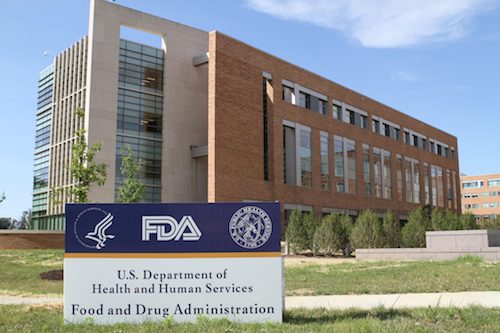
It has been a tough summer for the US Food and Drug Administration (FDA). After the unexpected departure of its vaccines heads, Congress is now demanding more information on the controversial accelerated approval of Biogen’s Alzheimer’s drug Aduhelm (aducanumab).
The drug was approved by the FDA in July against the advice of its advisory committee, prompting the resignation of three prominent members, including Harvard professor Aaron Kesselheim, who described the decision as “probably the worst drug approval decision in recent US history”.
After the approval, the House Energy & Commerce and Oversight committee heard from the FDA but has now written to acting commissioner Janet Woodcock for more information on the use of amyloid beta plaque as a surrogate endpoint and on dealings between the FDA and Biogen leading up to the approval.
While they “applaud efforts to advance brain health equity and make strides toward eradicating Alzheimer’s”, the chairs of the committee wrote that any treatment must be “safe, effective and accessible”.
“We are concerned by apparent anomalies in FDA’s processes surrounding its review of Aduhelm. FDA granted accelerated approval for the drug despite concerns raised by experts – including the agency’s own staff and members of FDA’s Peripheral and Central Nervous Systems Drugs advisory committee (PCNS advisory committee) – about the drug’s clinical benefit and the use of the accelerated approval pathway for Aduhelm.”
The committee is also concerned by “unusual coordination between FDA and Biogen throughout the drug’s approval process”, wrote the committee chairs.
Several of the committee’s questions are focused on the November 2020 meeting of the PCNS advisory committee. ‘None of the 11 empaneled advisory committee members recommended approval. The question of accelerated approval was not discussed at the meeting, nor were PCNS Advisory Committee members consulted on the use of amyloid beta plaque reduction as a surrogate endpoint correlated with clinical benefit during the meeting,’ according to the committee’s letter.
Following the controversial Aduhelm decision, the FDA’s Woodcock asked the Office of the Inspector General to conduct an independent review of all interactions between the FDA and Biogen around the approval of aducanumab.
After his resignation from the PCNS committee, professor Kesselheim said: “The agency needs to reassess its decision-making processes, including how drug candidates are selected for AdComm review, which questions are put to the Committee and how those questions are worded, how anecdotal patient experience with drugs is presented to the committee, and how Committee recommendations are used (or ignored) by FDA officials. When clear AdComm recommendations against a drug are overruled by FDA administrators, as occurred in both these instances, the agency owes it to the nation to provide a detailed justification.”




